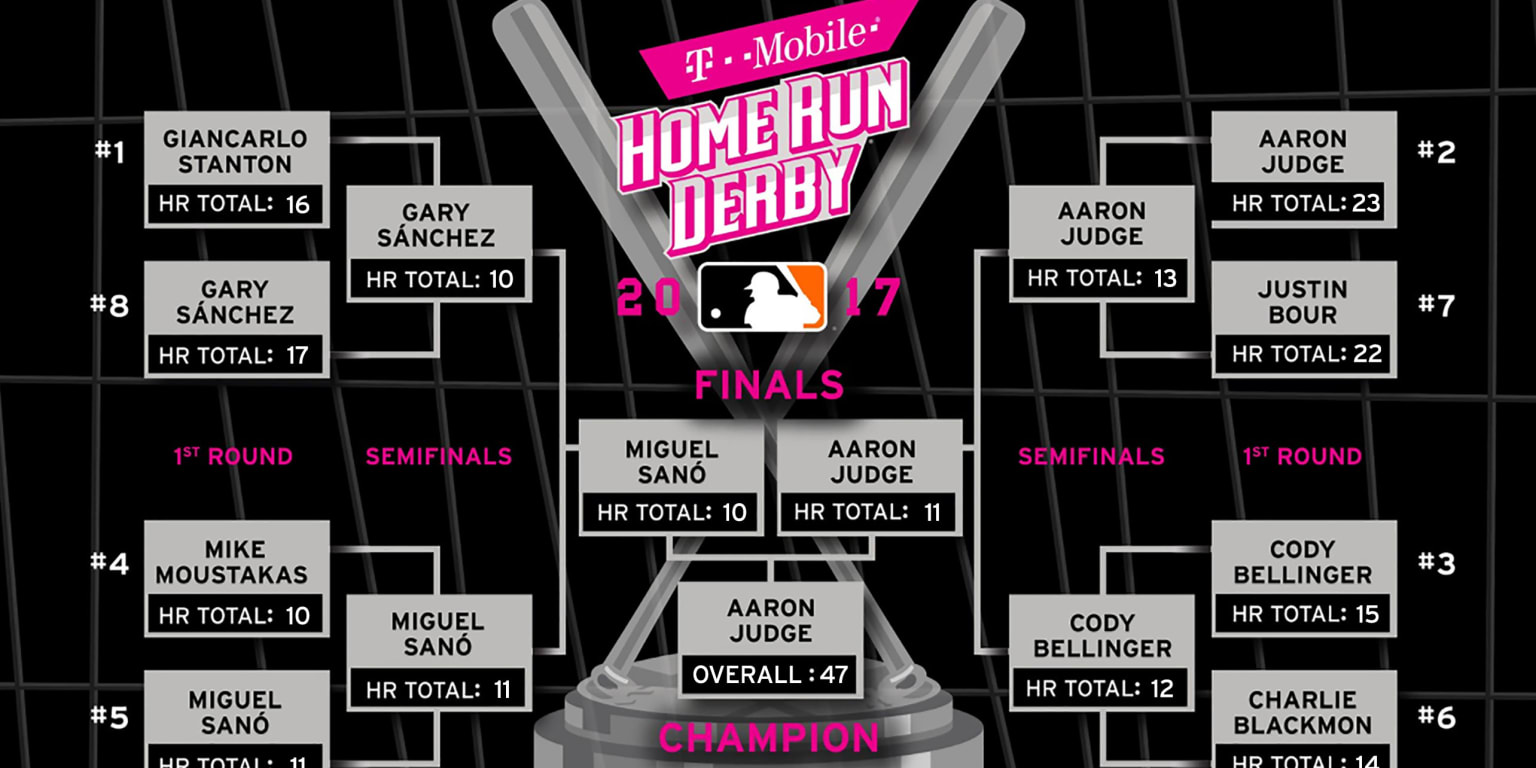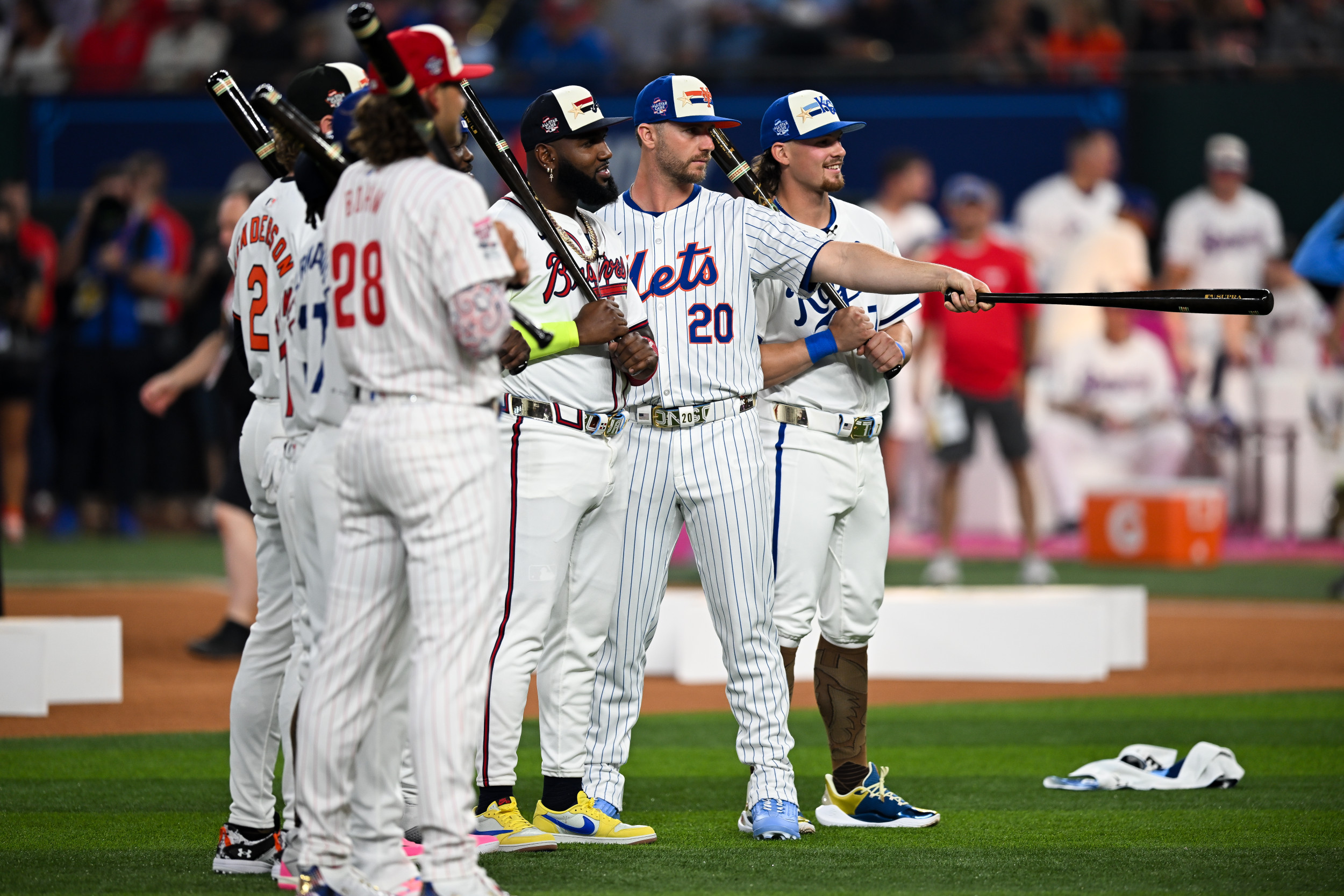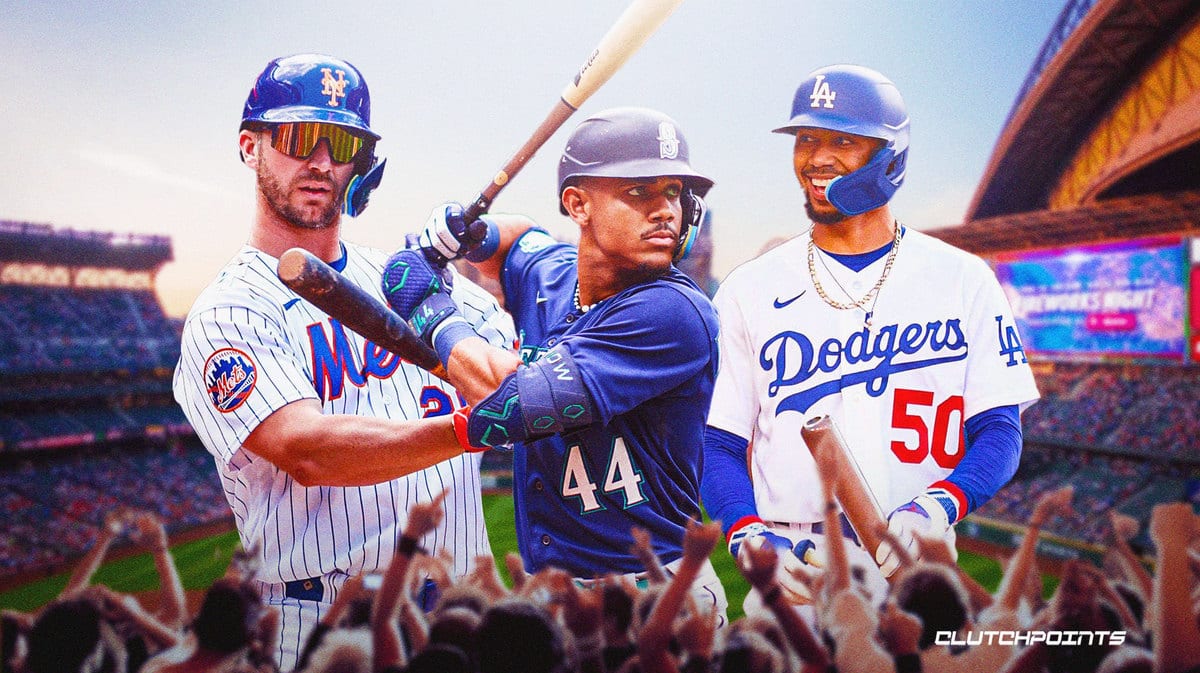Home Run Derby Overview

The Home Run Derby is an annual baseball competition held during the Major League Baseball All-Star break. It is a single-elimination tournament in which eight of the league’s best hitters compete to hit the most home runs in a timed round. The event has been held every year since 1985 and is one of the most popular events in baseball.
The Home Run Derby is a great way to showcase the power and skill of the game’s best hitters. It is also a fun and exciting event for fans to watch. The competition is always fierce, and the crowd is always on the edge of their seats.
History, Home run derby bracket
The Home Run Derby was first held in 1985 as part of the All-Star Game festivities. The inaugural event was won by Dave Kingman of the New York Mets. The Derby quickly became a popular event, and it has been held every year since.
Over the years, some of the game’s biggest stars have competed in the Home Run Derby. Some of the most notable winners include Mark McGwire, Sammy Sosa, and Ken Griffey Jr.
Rules and Format
The Home Run Derby is a single-elimination tournament. The eight participants are seeded based on their regular season home run totals. The first round is a four-player bracket, with the top two finishers advancing to the semifinals. The semifinals are a two-player bracket, with the winner advancing to the championship round.
Each player gets 10 outs in the first round and semifinals, and 15 outs in the championship round. Players can earn bonus outs by hitting home runs over 400 feet.
The player with the most home runs at the end of the championship round is declared the winner.
Significance and Popularity
The Home Run Derby is one of the most popular events in baseball. It is a great way to showcase the power and skill of the game’s best hitters. It is also a fun and exciting event for fans to watch.
The Home Run Derby has helped to make baseball more popular around the world. It is a great way to introduce new fans to the game and to get them excited about baseball.
Analyzing the Bracket

The Home Run Derby bracket is a single-elimination tournament featuring eight of the best home run hitters in baseball. The bracket is divided into two four-team divisions, with the winners of each division facing off in the championship round.
The top contenders in the tournament are:
- Pete Alonso (New York Mets)
- Ronald Acuña Jr. (Atlanta Braves)
- Juan Soto (Washington Nationals)
- Shohei Ohtani (Los Angeles Angels)
These four players are all among the best power hitters in the game, and they will be looking to put on a show for the fans at Dodger Stadium.
The bracket is set up so that the top two seeds in each division will face off in the semifinals. This means that we could see a rematch of last year’s championship game between Alonso and Acuña Jr. in the semifinals.
The other potential matchups in the semifinals are Soto vs. Ohtani and Freeman vs. Guerrero Jr.
The championship game is scheduled for Monday, July 18th.
Strengths and Weaknesses of Each Participant
Here is a breakdown of the strengths and weaknesses of each participant in the Home Run Derby:
- Pete Alonso: Alonso is the reigning Home Run Derby champion, and he is one of the most powerful hitters in baseball. He has a strong swing and he is able to generate a lot of power. However, he can be prone to strikeouts, and he is not the best contact hitter.
- Ronald Acuña Jr.: Acuña Jr. is one of the most exciting players in baseball, and he is a threat to hit a home run every time he steps to the plate. He has a quick swing and he is able to generate a lot of power. However, he can be prone to strikeouts, and he is not the best contact hitter.
- Juan Soto: Soto is one of the best young hitters in baseball, and he is a threat to hit a home run every time he steps to the plate. He has a smooth swing and he is able to generate a lot of power. However, he can be prone to strikeouts, and he is not the best contact hitter.
- Shohei Ohtani: Ohtani is one of the most unique players in baseball, and he is a threat to hit a home run every time he steps to the plate. He has a powerful swing and he is able to generate a lot of power. However, he can be prone to strikeouts, and he is not the best contact hitter.
- Freddie Freeman: Freeman is one of the most consistent hitters in baseball, and he is a threat to hit a home run every time he steps to the plate. He has a smooth swing and he is able to generate a lot of power. However, he can be prone to strikeouts, and he is not the best contact hitter.
- Vladimir Guerrero Jr.: Guerrero Jr. is one of the most exciting young hitters in baseball, and he is a threat to hit a home run every time he steps to the plate. He has a powerful swing and he is able to generate a lot of power. However, he can be prone to strikeouts, and he is not the best contact hitter.
- Kyle Schwarber: Schwarber is one of the most powerful hitters in baseball, and he is a threat to hit a home run every time he steps to the plate. He has a strong swing and he is able to generate a lot of power. However, he can be prone to strikeouts, and he is not the best contact hitter.
- Albert Pujols: Pujols is one of the greatest hitters of all time, and he is still a threat to hit a home run every time he steps to the plate. He has a smooth swing and he is able to generate a lot of power. However, he is getting older, and he is not the same hitter that he used to be.
Predicting the Outcome: Home Run Derby Bracket

Predicting the winner of the Home Run Derby is no easy task. There are many factors to consider, such as the player’s power, swing, and experience. However, by gathering data on past performances and identifying trends and patterns, we can make some educated guesses about who is likely to come out on top.
One of the most important factors to consider is the player’s power. This can be measured by their exit velocity and launch angle. Players with high exit velocities and launch angles are more likely to hit home runs. Another important factor is the player’s swing. Some players have a more compact swing that generates more power, while others have a longer swing that allows them to hit the ball with more control. Finally, experience also plays a role in the Home Run Derby. Players who have participated in the event before are more likely to succeed.
Statistical Analysis
In addition to considering the player’s power, swing, and experience, we can also use statistical analysis to predict the winner of the Home Run Derby. One common statistical model used to predict the winner of a sporting event is the Poisson distribution. The Poisson distribution is a probability distribution that describes the number of events that occur in a fixed interval of time or space. In the case of the Home Run Derby, the fixed interval of time is the 10 minutes that each player has to hit as many home runs as possible. The Poisson distribution can be used to predict the number of home runs that a player is likely to hit in the Home Run Derby, and this information can be used to rank the players in order of their likelihood of winning.
The Home Run Derby bracket is stacked with some of the biggest names in baseball, but one player who is flying under the radar is Rodrigo De Paul. The Argentine midfielder has been in impressive form for Udinese this season, and he could be a dark horse in the Derby.
De Paul is a skilled passer and shooter, and he has a knack for finding the back of the net. If he can stay hot, he could be a major threat to win the Home Run Derby.
I’m not really into baseball, but I know that the Home Run Derby is a big deal. It’s like the NBA Slam Dunk Contest, but for baseball players. And speaking of basketball, have you heard of Rodrigo de Paul ?
He’s an Argentine midfielder who plays for Atlético Madrid. Anyway, back to the Home Run Derby, I think it would be cool if they had a bracket-style tournament like they do in March Madness.